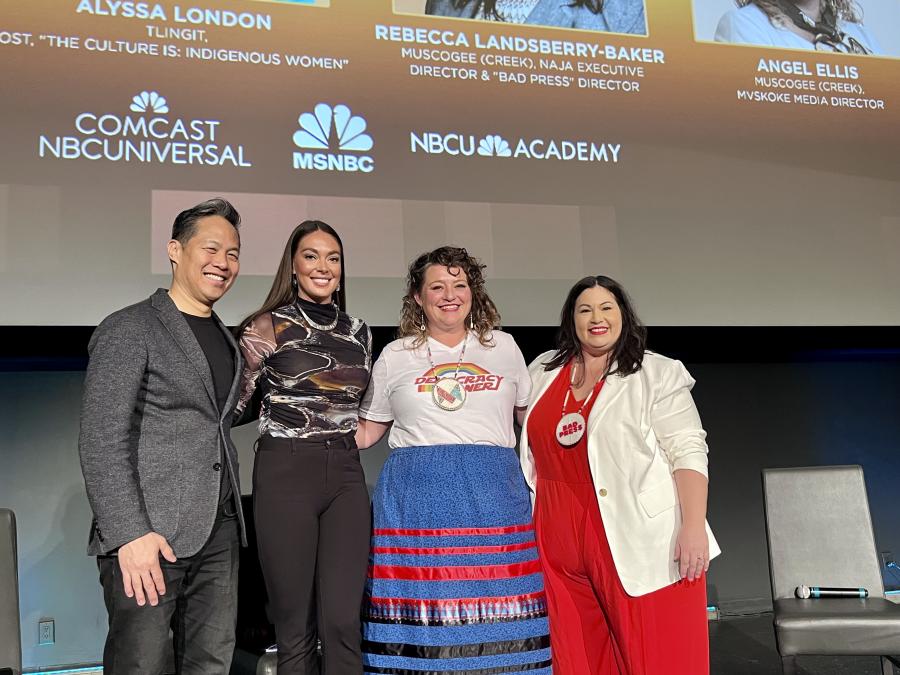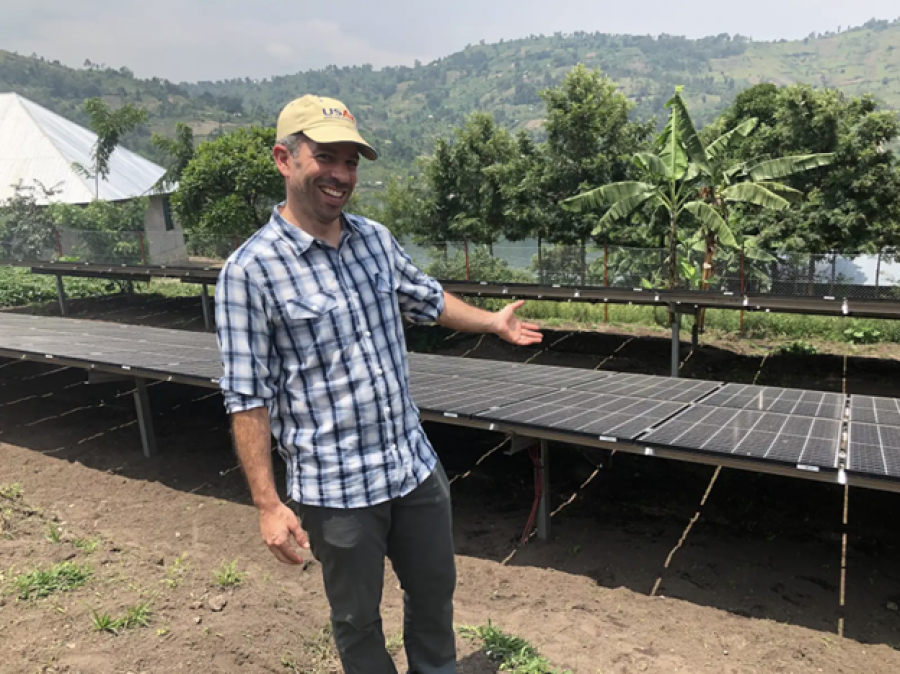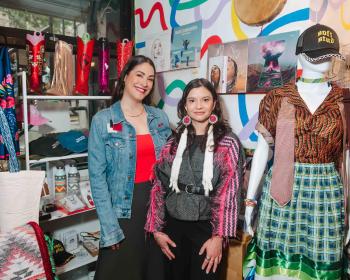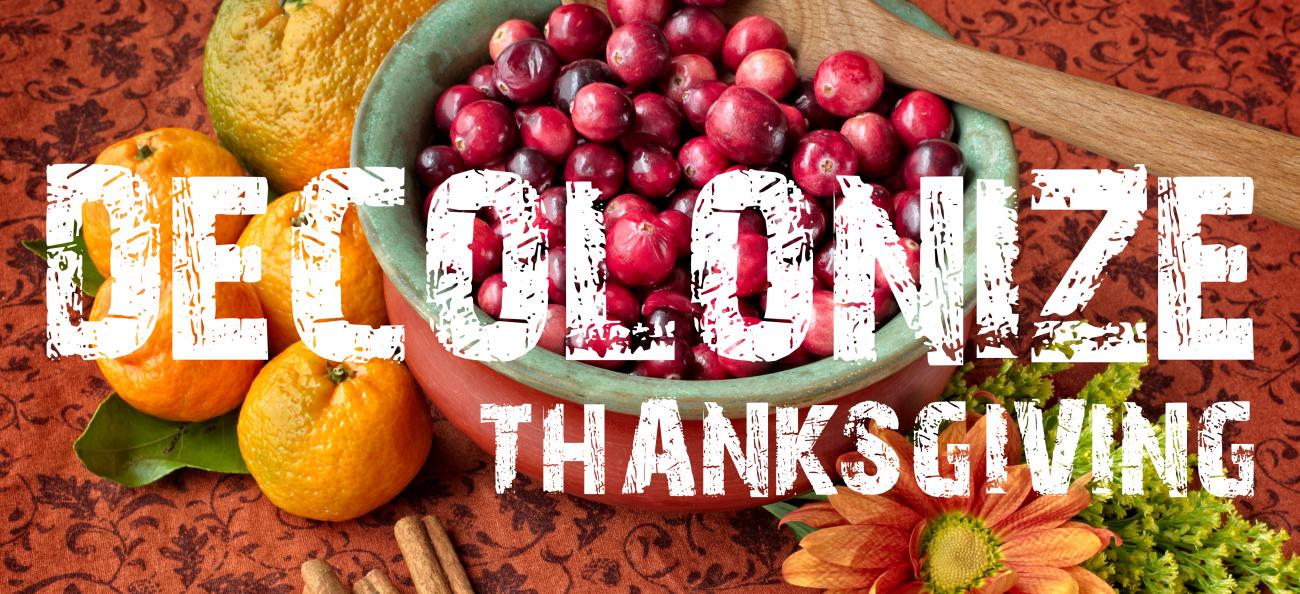
Thanksgiving is a tradition. It's also a lie
Thanksgiving: A Native American View
The Future is Indigenous: Decolonizing Thanksgiving
Cracked.com's 5 Facts About Thanksgiving Your History Teacher Left Out
THANKSGIVING: A Day of Mourning
Most Everything You Learned About Thanksgiving Is Wrong
Decolonizing Thanksgiving: A Toolkit for Combatting Racism in Schools
-
Watch Captured 1614
- Why Treaties Matter.
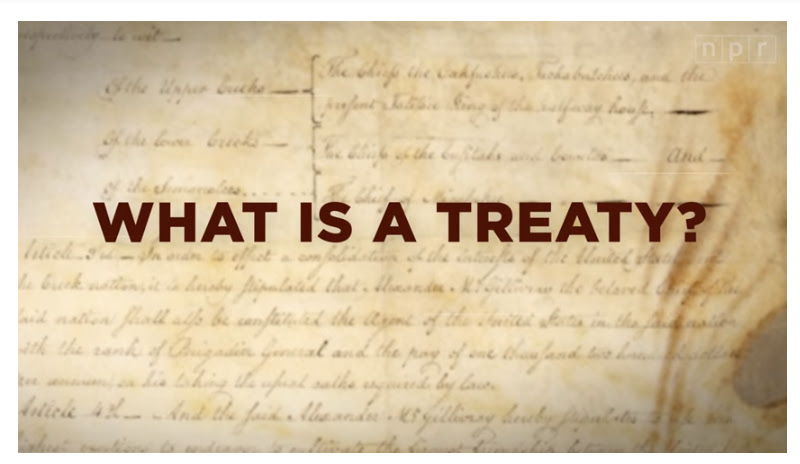
The United States has ratified more than 370 treaties with Native American Nations. Yet, many Americans know little about the treaties that shaped and continue to impact the country today. Learn more here.
- Learn about the #Honor1851Treaty Music Campaign

|
2. Decolonize Your Dinner.
Native chefs have created a culinary movement with the goal of getting Indigenous people to honor their ancestors through their dietary choices. Bring Native American dishes to the dinner table. The Thanksgiving Tale We Tell Is a Harmful Lie. As a Native American, I’ve Found a Better Way to Celebrate the Holiday How to Decolonize Your Thanksgiving Dinner This Thanksgiving, Make These Native Recipes From Indigenous Chefs The Native American Side Of The Thanksgiving Menu 3. Listen to Indigenous Voices. It was the Wampanoag People, the People of the First Light, that encountered the Pilgrims when they arrived in Turtle Island from Europe in 1620. Since 1863, Thanksgiving has been celebrated as a national holiday in the United States, mythologizing the violent events that followed European arrival into a story of friendship and mutual sharing. But the reality is that the Wampanoags’ generosity was met with genocide, and this truth has been systematically suppressed in the US education system, government, and popular culture. Listen to an interview with Cedric Cromwell, the Tribal Council Chairman of the Mashpee Wampanoag Tribal Nation. 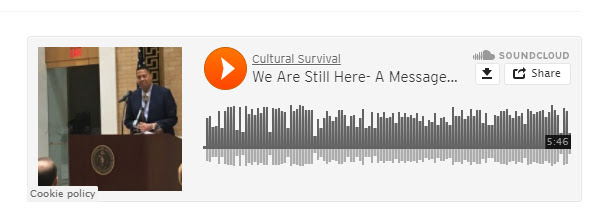 4. #StandwithMashpee
 The Mashpee Wampanoag Tribe are calling on members of Congress to help “protect the statute of reservation” after the Trump Administration overturned an Obama era decision that could see their land taken from them. This marks the first time that Native land has been taken out of trust since the “Termination Era” of the 1940-60s, a huge blow to Indigenous sovereignty. Stand with the Mashpee Wampanoag Tribe by calling your representatives to pass HR 5244, THE MASHPEE WAMPANOAG TRIBE RESERVATION REAFFIRMATION ACT. 5. Celebrate Native People.
Finally, mainstream media is focusing on the amazing Native talent Indian County has to offer. Check out these talented artists: Frank Waln, Nataanii Means, Mike Clifford, and Inez Jasper.
Rebel Music offers Common Core-based curriculum. Share it with the teachers in your life!
For many years, Native people were silenced and their stories were marginalized. That's why it's especially important to read stories about Native characters, told in Native voices. Celebrate Native American Heritage Month with these great books by Native writers.
7 Thanksgiving books for kids written from the Native perspective Search 46 years of interviews and articles with and about Native leaders from the Cultural Survival Quarterly archives. 6. Buy Native This Holiday.
 Dec. 15-16, 2018
Cambridge Rindge and Latin School 459 Broadway, Cambridge, MA 02138 10am - 5pm December 21-23, 2018 Friday, Saturday 10am - 10pm Follow Cultural Survival Bazaars on Facebook, Like/Share each event page, and let your friends know how great the Bazaars are!
Check out NDNcraft.com, Beyond Buckskin, RezonateArt, and ButterflyBuffalo, Eighth Generationand Inspired Natives Project, Buy Native.
7. Share Positive Representations of Native People
Project 562 and Red Works Photography showcase contemporary Native America and Canada with grace, beauty, and style. Matika Wilbur and Nadya Kwadibens are changing the perceptions of Native and First Nations people.
8. End Racist Native Mascots in Sports
There are still more than 1,000 high school, university and professional teams that continue to have Native American mascots. Though changes have been made at the high school and college levels, at the professional level there has been virtually no change. Start the change in your community. Check out our Abolishing Racist Native Mascots: A Toolkit for Change. Get involved: #NotYourMascot, #ChangeTheName, and #NoHonorInRacism.
|





